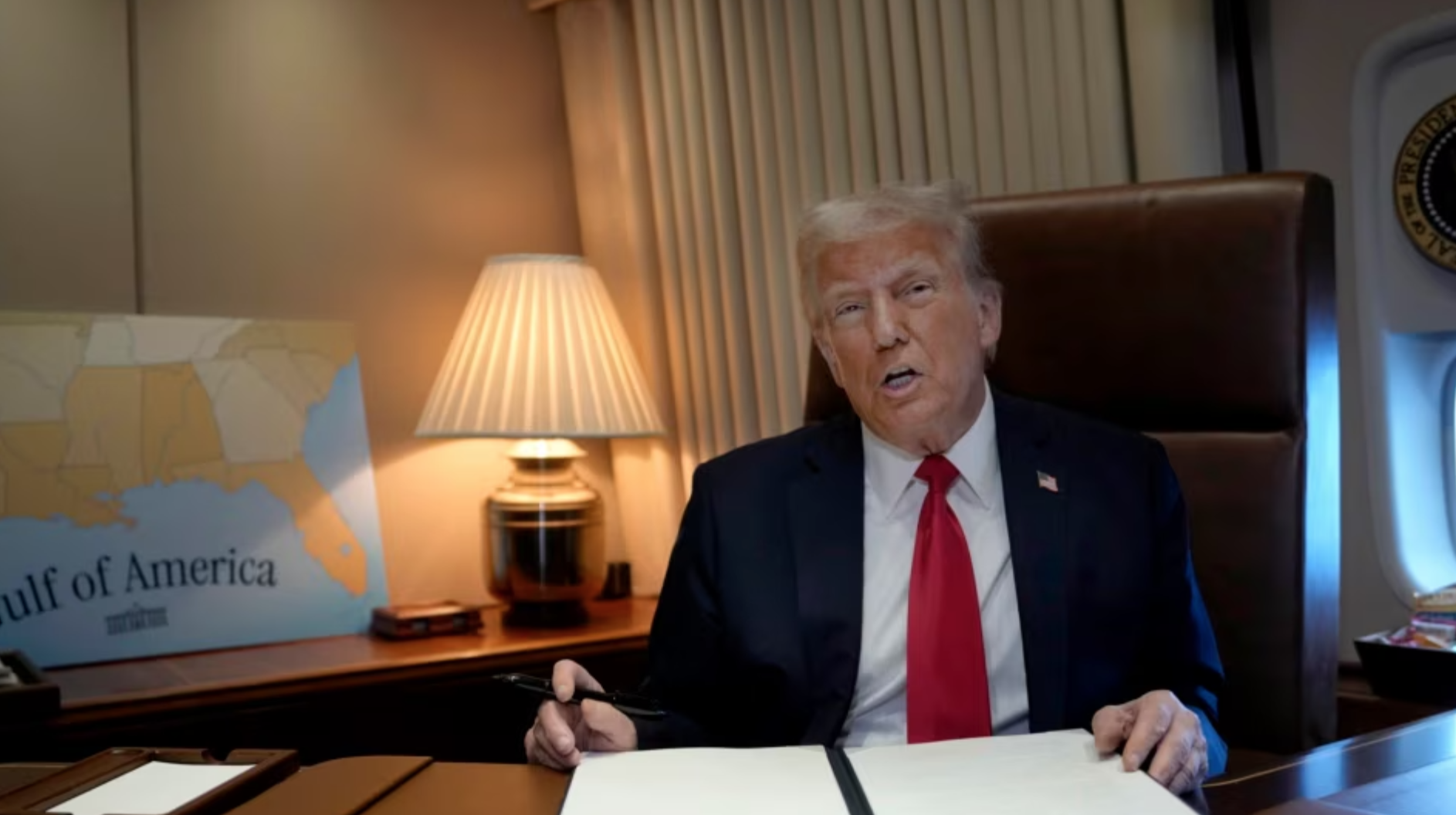Foto:IDF press service
The head of the US Central Command (CENTCOM), General Michael Kurilla, arrived in Israel on August 8, 2024. The visit was widely covered by the media, and the Kan Bet radio station reported that he held a meeting with the Israeli military command at the Kiriya complex. The visit is part of regular contacts between the US and Israeli militaries and is of significant strategic importance amid current regional tensions.
Agenda of the visit
Meeting in the “Kiriya” complex
During his visit, General Kurilla met with representatives of the Israeli military command in the “Kiriya” complex in Tel Aviv. This meeting was a continuation of their regular contacts aimed at strengthening cooperation and coordination between the armed forces of the two countries.
Previous visits and context
Michael Kurilla last visited Israel just a few days ago, on August 5, and was reportedly a guest of Israel Defense Forces Chief of Staff Hertzi A-Levi. These visits underscore the importance of ongoing interaction and information sharing between the US and Israeli military leadership.
Regional tensions and strategic cooperation
The Iranian threat and coordination of actions
Against the background of the strengthening of the Iranian threat, visits and meetings of this level become especially important. In April 2024, Iran launched an attack on Israel, and the United States, Great Britain, Saudi Arabia and Jordan participated in repelling this attack. This event highlighted the importance of international coordination and joint action to ensure security in the region.
The role of CENTCOM
US Central Command plays a key role in maintaining stability in the Middle East. Engagement with partners such as Israel allows CENTCOM to respond more effectively to emerging threats and maintain peace and security in the region.
General Michael Kurilla’s visit to Israel underscores the importance of the strategic partnership between the United States and Israel. Regular meetings and exchanges of information help strengthen interaction and coordination between the armed forces of the two countries. In the context of ongoing regional tensions, such coordination becomes even more important to ensure security and stability in the Middle East.

















